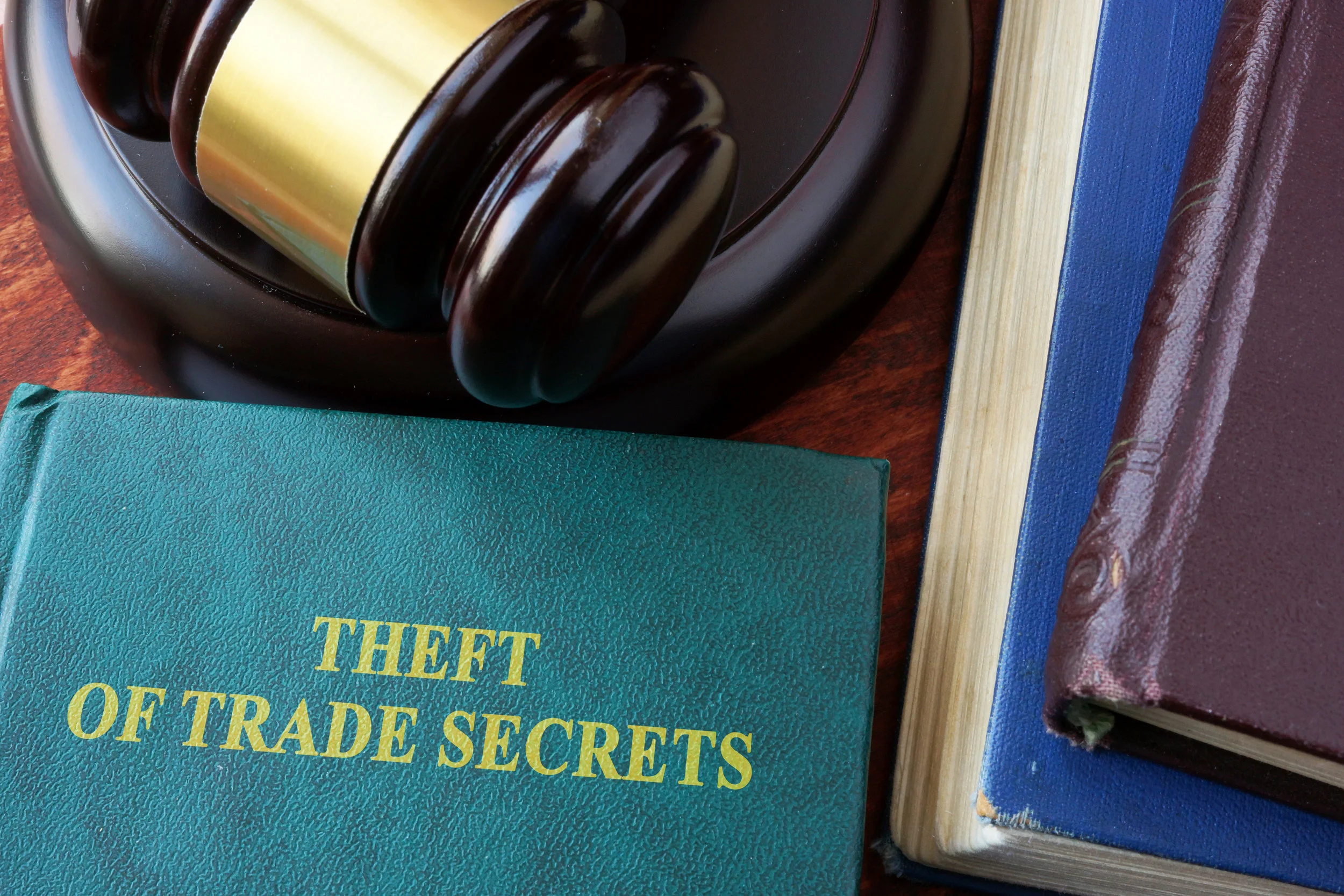Trade secrets are considered a form of intellectual property; nevertheless, they lack the protection that other forms of intellectual property enjoy. So why would a business settle for trade secret protection of proprietary information rather than protection under patent, copyright, or trademark law? There are two main reasons:
Certain forms of proprietary information fall between the cracks in intellectual property law and are not eligible for protection under either patent, copyright, or trademark law; and
A company may wish to retain exclusive access to its secrets for longer than the term of protection for the intellectual property protection for which it is eligible. Imagine, for example, if Coca-Cola applied for patent protection of its formula. They would have to publicly reveal it, and anyone could use it legally after the 20-year duration of patent protection expired.
The Uniform Trade Secrets Act
California trade secret law is based on the Uniform Trade Secret Act. A uniform act is an act that is drafted at the national level and then sent to each state as suggested legislation in the hopes that all states will enact it, thereby harmonizing the law among the various states. States are not required to enact such legislation, and indeed some don’t, while other states enact it in modified form (in other words, the trade secret law of most states is similar but with state-specific idiosyncrasies).
What Counts as a Trade Secret?
A trade secret can be any secret information legally possessed by a company that provides it with a competitive advantage, including (but not limited to):
Customer lists
Marketing information
Unpatented inventions
Computer software
Formulas
Recipes (KFC’s “17 different herbs and spices”, for example)
Techniques
Processes
Other information
Trade Secret Qualifications
To qualify as a trade secret:
The information must be commercially valuable.
The information must be difficult for others to legitimately acquire or independently produce.
The information must be unknown outside the company (including its employees and others involved in the business).
The company must have taken reasonable measures to keep the information secret. Typically, this is accomplished through the use of nondisclosure agreements with company employees.
What Is Trade Secret Misappropriation?
Under California law, there are two forms of trade secret misappropriation:
Using dishonest means to acquire trade secrets; and
Inappropriate disclosure or use of trade secrets (by a former employee who establishes a competitive company, for example).
A party who independently invents the same information that another company already claims as a trade secret does not thereby misappropriate it.
Liability
A company commits misappropriation of a trade secret of another party, even if it did not know that it was someone else’s trade secret, as long as it “had reason to know” of the information’s status as someone else’s trade secret. Misappropriation liability can include court-ordered injunctions, damages, and criminal liability.
At CKB Vienna, our lawyers are knowledgeable, committed, and absolutely relentless in their pursuit of their clients’ best interests. If you possess trade secrets that need protection, or if you are concerned about liability for trade secret misappropriation, call us at 909-980-1040 or contact us online. We serve clients in Rancho Cucamonga, including Alta Loma and Etiwanda, as well as other nearby areas.

